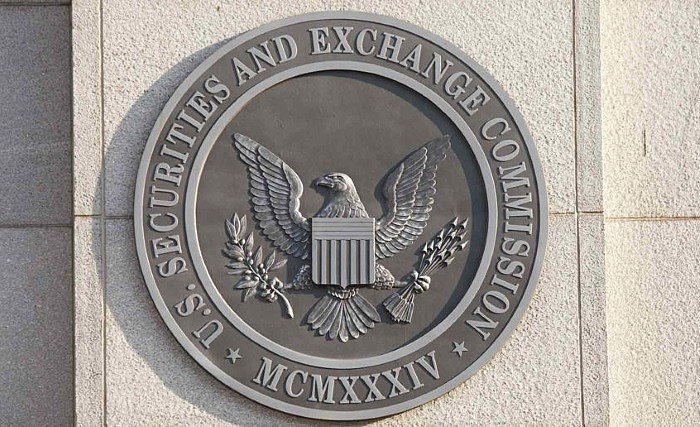A San Diego-based law firm has filed a class action lawsuit against Ripple accusing the crypto firm of violating both state and federal securities law. The suit alleges that Ripple investors have incurred losses due to company’s sale of XRP tokens. There continues to be an ongoing debate as to whether XRP tokens are securities.
Details of the Ripple Lawsuit
Taylor-Copeland law is the name of the law firm handling the case. According to a scanned copy of the case filing, the Plaintiff is one Ryan Coffey. The suit lists four charges against the Defendants; Ripple Labs Inc., XRP II LLC, and Bradley Garlinghouse, the CEO of Ripple Labs.
The four charges allege that the Defendants have profited off the public by running a “never-ending coin offering.” The lawsuit also claims that XRP tokens “have all the hallmarks of a security” and calls for investors who have lost money to Ripple to join the class action.
In the summary brief as part of the lawsuit, the Defendants are accused of creating tokens “out of thin air.” Unlike Bitcoin and Ethereum, the total XRP supply was pre-mined at the inception of the token in 2013. The suit accuses the Defendants of using inflated metrics to deceive investors into thinking XRP tokens constitute a viable investment.
Ripple is also charged with knowingly offering a tokenized security to the public while not being registered by the SEC. Meanwhile, the case made by Taylor-Copeland also states that Ripple’s earnings come solely from the sale of the XRP tokens, which cost nothing to create. The lawsuit goes even further to claim that Defendants tried to bribe both Coinbase and Gemini, two major U.S.-based crypto exchange platforms.
The Plaintiff in the case, Ryan Coffey, purchased 650 XRP at $2.60 totaling at $1,690. Coffey reportedly bought the coins on January 6, 2018. Less than a fortnight later, Coffey sold the tokens for $1,105 incurring a loss of $551. A recent Weiss Ratings report described Ripple as a passable short-term investment vehicle that isn’t recommended as a long-term asset.
Despite being a cryptocurrency, Ripple is, in fact, a centralized enterprise, which makes it more vulnerable to regulatory clampdowns. Without any change to the Ripple economic model, investors who purchase the company’s tokens for the “long hodl” might end up incurring losses. XRP tokens are not shares. Thus, their profitability is based on their non-mandatory adoption by the banking sector.
The Ripple (XRP) Security Debate
The Ripple lawsuit has a sense of irony to it, given the case between the company and the R3 blockchain consortium. Furthermore, the case underscores the debate of whether XRP is a security or not. The chief strategist for the company, Cory Johnson, recently declared that Ripple is not a security.

However, reports emanating from the SEC indicate that the Commission views the crypto as a security. Gary Gensler, ex-CFTC Chairman also recently identified the crypto as a “noncompliant security.” This characterization was due to the centralized distribution model employed by the company.
Whether there are any legal merits to the case against Ripple is left for the courts to decide. Preliminary reactions on online cryptocurrency forums indicate that many crypto followers believe the suit to be a frivolous one. Some have even poked fun at the Plaintiff for initiating a legal process that could cost thousands of dollars over a $551 loss.
Where do you stand on the lawsuit? Also, are XRP tokens securities? Let us know in the comment section below.
Image courtesy of Coinmarketcap, Shutterstock
The post Ripple Slapped with Class Action Lawsuit from Disgruntled Investor appeared first on Bitcoinist.com.
Powered by WPeMatico

